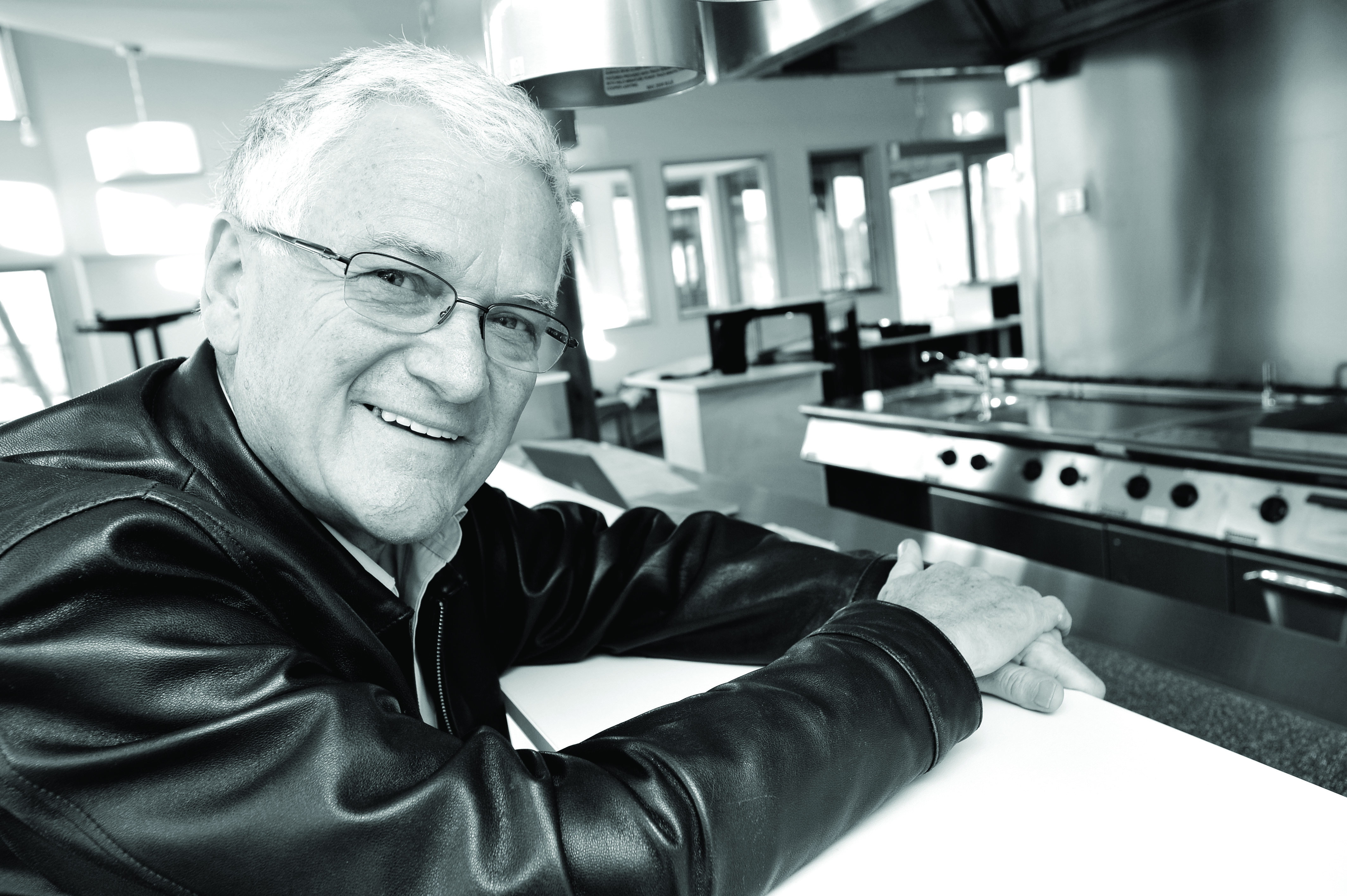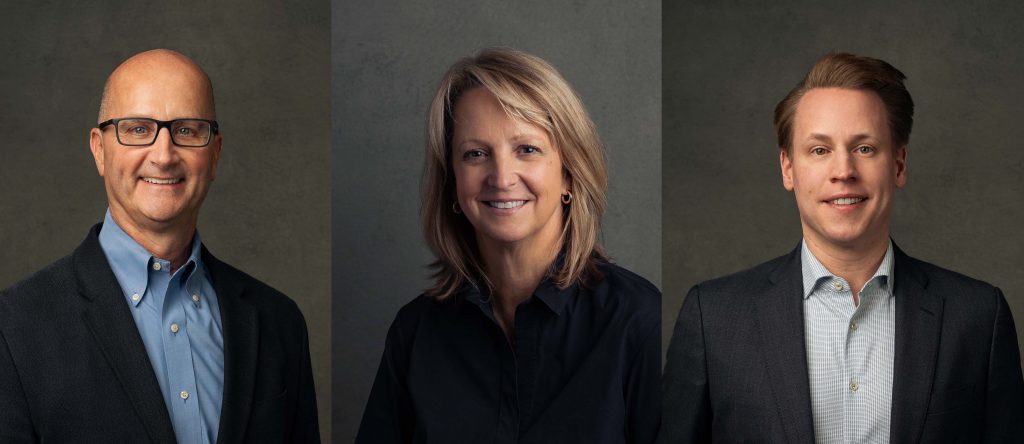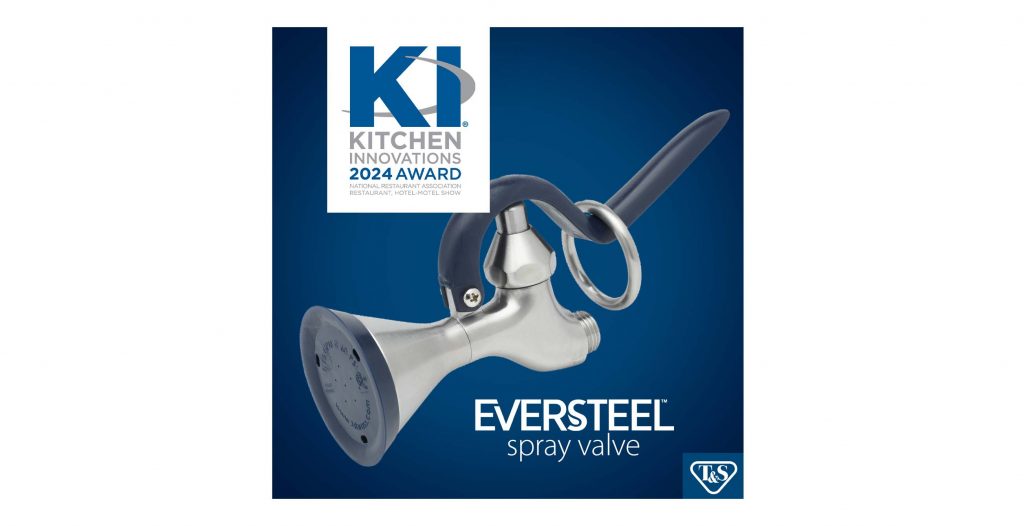
If there ever was a time for invention, it has to be now. The twin towns of Echuca Moama on the Murray River, Australia, where I live along with20,000 residents, is normally packed with visitors most weeks and every weekend; a total of 1.7 million visitors a year who spend AUS $1m a week in 49 hotels and motels, 12 clubs and pubs, over 30 cafes and restaurants, four wineries and seven paddle steamers, plus innumerable houseboats on the river.
The whole week ending Sunday 22 March, the town was fully booked with sporting teams, conferences and family gatherings, plus the normal weekend visitors filling foodservice businesses all over town.
On Monday 23 March, all business stopped.
A microcosm of the crisis
With no chance to prepare, the hospitality and tourism businesses that support the town have been faced with occupancy dropping from 100% to less than 5% in 24 hours.
In this way Echuca Moama represents a microcosm of the difficulties being faced by hospitality and tourism worldwide and the test that is now faced by the foodservice industry everywhere.
Our accommodation businesses and their associated foodservices will continue to find it hard to adapt to manage the loss of income with less than 5% of their normal guest registrations. And many of the smaller ones without their regular commercial bookings have closed their doors altogether.
But half of the cafes, pubs and wineries (24 in total) have kept their doors open despite the limitations of the new rules about individual contact. These resilient businesses are exploring new ways of doing business – they are innovating and inventing.
Some such as McDonald’s and KFC have a head start with their existing drive-throughs, but one local pub has modified its drive-through liquor bay into an online meal pickup and last Saturday did over 200 takeaway meals – nearly as many as they would normally in their dining room. Others are advertising their phone numbers and promoting their menus for orders and delivering – without the need to pay the cost of Deliveroo – and certainly some of those, such as pizza restaurants that have always offered delivery, have now built a drive-through to avoid the need to turn away walk-up business.
Coffee shops are opening up their front windows to serve takeaway coffee and snacks and the gin distillery are making alcohol for hand sanitiser. All are re-inventing the ways they can stay in business.
Step forward the consultant
All these amazing foodservice operators are finding new ways to keep their doors open. Their only problem now is a limited number of available customers; in our case now, generally, just locals – with no interstate traffic that would normally sustain the weekday business.
The necessity is now for consultants to help them re-imagine and implement sustainable new ways of doing business, not only in this environment but, because when all this disruption ends, for the future, their business may never be the same again.
How can consultants help? We must think and work like designers and apply a design-thinking approach: imagine and test; re-imagine and re-test ideas, no matter how way out they are. Your clients are too busy surviving, they need you to provide a mirror into any new way of working that can maintain a sustainable business model because these challenges will take a great deal of human empathy, ingenuity and innovation to overcome.
The most valuable resource that all businesses have is their staff – and in the case of foodservice businesses, some staff are an input into the business with face-to-face contact with the customer. Today, making sure that all staff, but particularly front-line staff in contact (however brief) with customers, are not only efficient but are also well is vital. Ensuring that the temperature of the food is correct is an everyday normal expectation in the food business. The new normal may have to include ensuring the healthiness of staff by the testing of their temperature, just as food is tested at critical points, to ensure they are well and if not, have protocols in place for dealing with it to minimise any adverse impact on the business.
For the business that fights to keep going, the innovations they develop to survive through these hard times, if effective, can be part of their new business model and a real point of difference that adds to their brand value in the future.
Tim Smallwood FFCSI




